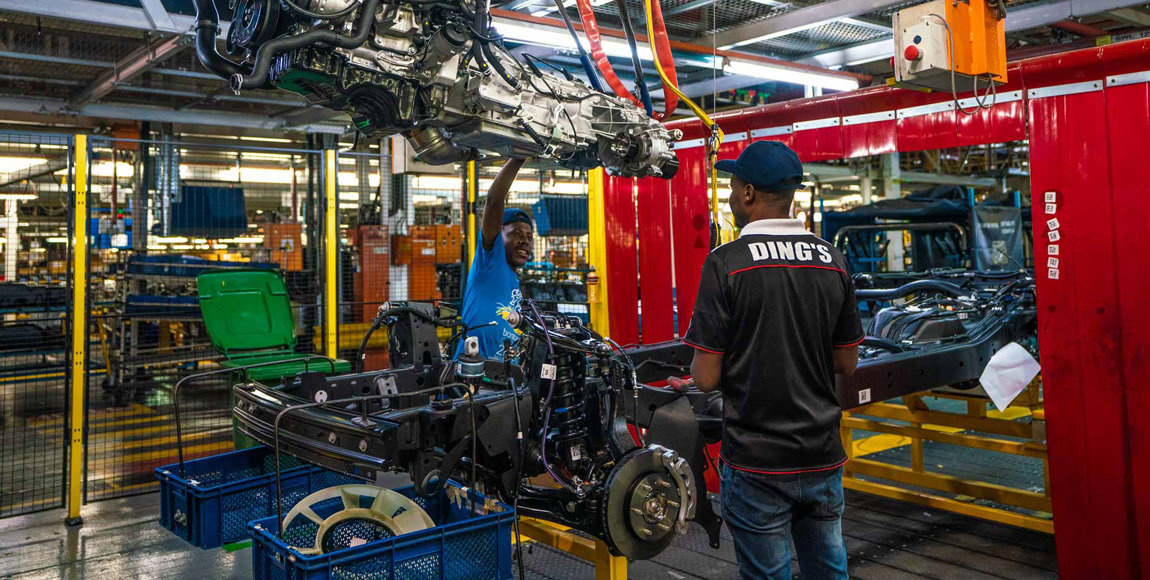Motor industry wage negotiations concluded

For the third successive time, wage negotiations between South Africa’s Automotive Manufacturers Employers’ Association and the National Union of Metalworkers of South Africa have been concluded without industrial action having taken place
The Automotive Manufacturers Employers’ Association (AMEO) has successfully concluded the 2019 National Bargaining Forum negotiations with the National Union of Metalworkers of South Africa (Numsa), the parties having signed a three-year wage agreement.
The NBF heads of agreement between AMEO and Numsa was signed last week, but the wage increase will be effective retrospectively from July 1. The conclusion represented the third successive time that negotiations had been concluded without industrial action having taken place.
The agreement binds the manufacturers and workers for the next three years. Hourly associates will receive a nine percent increase in the first year, and for the second and third years of the agreement, they will receive and increase in line with CPI or seven percent, whichever is greater.
In a statement, AMEO pointed out that, with reference to the recent extension of the Automotive and Production and Development Programme (APDP) until 2035, the successful conclusion of wage and conditions-of-employment negotiations for the next three years created a platform for much-needed stability and policy certainty in the motor industry.
“The agreement will help the South African-based original equipment manufacturers (OEMs) conduct long-term planning, model allocation and volume planning,” the statement said.
AMEO represents South Africa’s seven automotive manufacturers – BMW, Ford, Isuzu, Mercedes-Benz, Nissan, Toyota and Volkswagen. Together, they produced 610 854 vehicles in 2018 and exported 351 139 units — representing 58 percent of total production – to 155 countries across the globe.
“In addition, the seven AMEO members have jointly forecast a total investment in capital and equipment of R39,4 billion over the five years starting in 2019. Close to R52 billion has been invested since 2010,” the statement said.
According to AMEO, the automotive sector contributed R178,8 billion to the fiscus in 2018 through the export of vehicles and components, ranking it in the top five exporting sectors in the country. In the same year, it contributed 6,9 percent of the country’s gross domestic product (GDP).
Published by
Focus on Transport
focusmagsa




